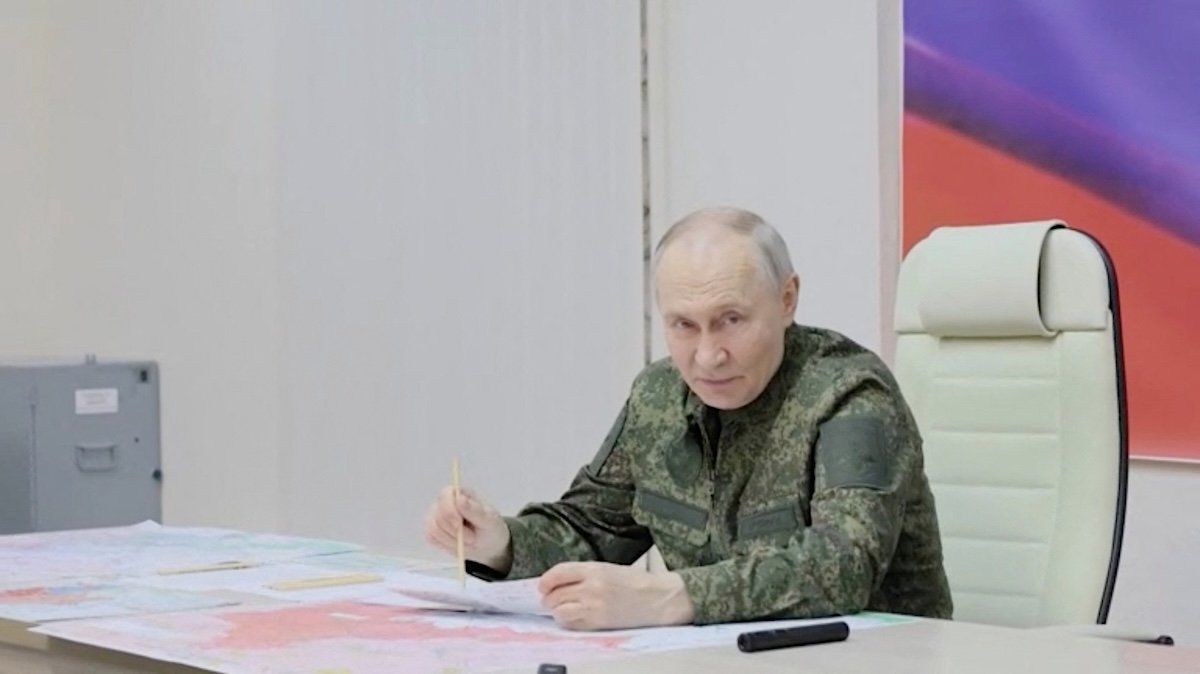Russian President Vladimir Putin made a surprise battlefield visit on Wednesday, telling troops in the Kursk region of Russia to “completely destroy” the Ukrainian forces that have occupied parts of the area for nearly seven months.
The visit came as US envoy Steve Witkoff was headed to Moscow to discuss the proposal for a 30-day ceasefire, which was agreed by the US and Ukraine at talks in Saudi Arabia earlier this week.
Ukrainian forces first pushed across the border into Kursk last August in a surprise offensive meant to boost Kyiv’s leverage with Moscow. In recent weeks, Ukraine’s positions there have weakened significantly. On Wednesday, Russia said it had reclaimed the strategic city of Sudzha from Ukrainian forces.
In his remarks, Putin gave no indication of whether Russia is prepared to agree to the ceasefire but stressed that Kursk should be fully liberated “fairly soon.”
On Wednesday, US President
Donald Trumpsaid the fate of the ceasefire is “up to Russia now.”
